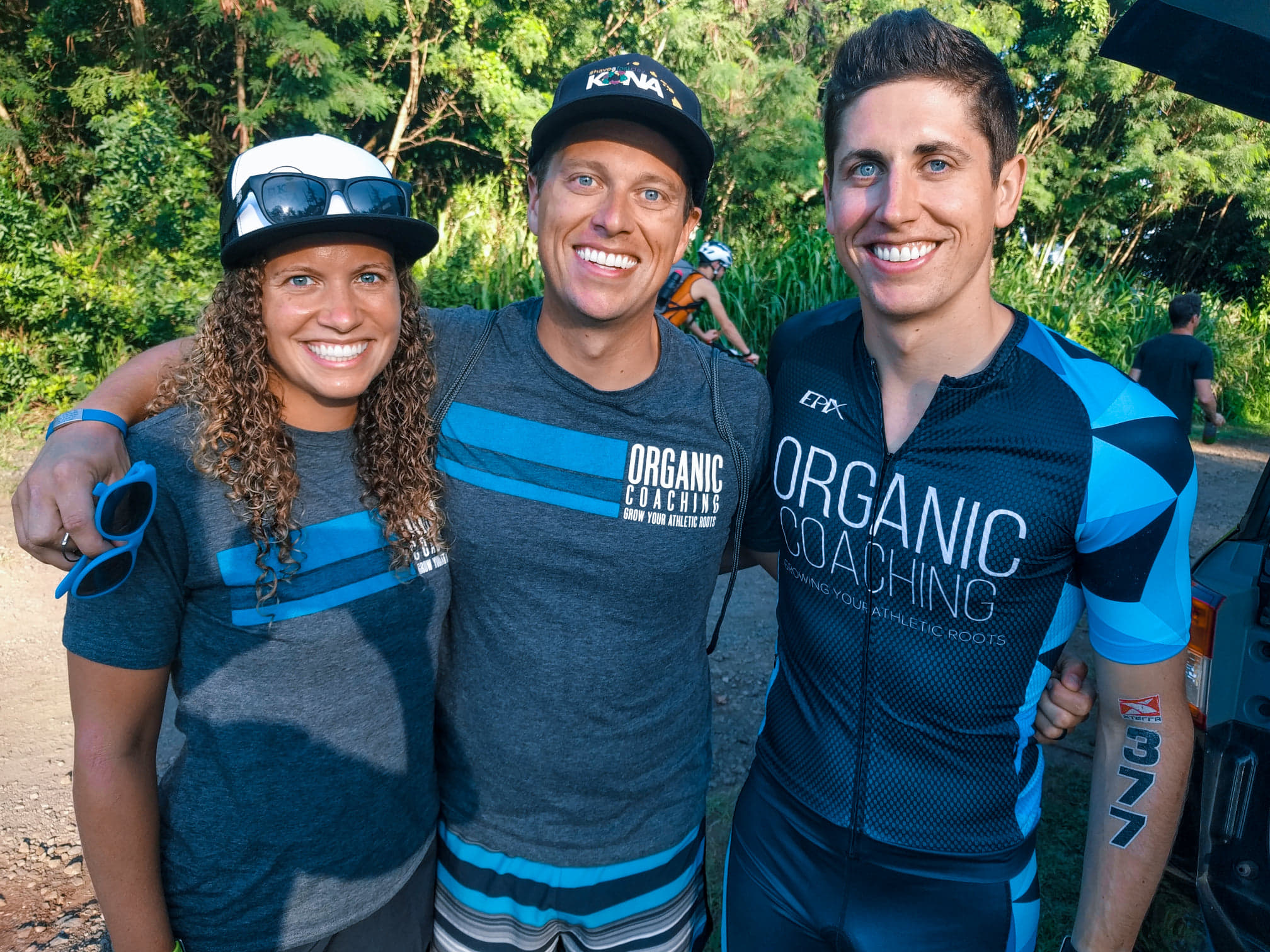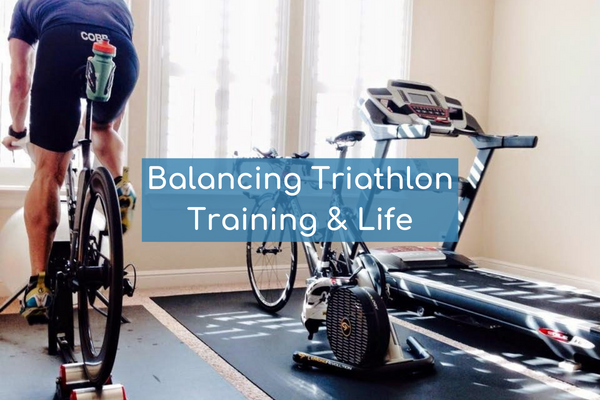

One of the hardest aspects of triathlon or running is balancing life with training. We all have busy lives. Stack the goals of training for an endurance event on top of everyday life and things can quickly become overwhelming. Even more so if you are not realistic about how much time you can commit to training. I learned the hard way early on, you don’t have to!
In 2010 I committed to my first half IRONMAN. I was a full-time student at Northern Michigan University and working part-time at a bike shop. My days were long with morning and evening classes while juggling time repairing bikes. Majoring in Exercise Science I decided that I needed to apply what I had learned so far and developed a training plan. Up to this point I had committed to shorter endurance feats. Including short running races, half marathons, Xterra triathlons, and Olympic distance triathlons – a half IRONMAN was the next step. This commitment was overall a big jump in training time for me.
Early on I realized that pushing my workout to the end of the day was not going to cut it for my lifestyle. Whenever I would wait until later in the day to do my workouts I found that something had come up between studying or working at the bike shop. So a workout was not possible. Even more often, I was just too exhausted from focusing on other tasks all day. I would tell myself that I would just double up the next day. I constantly needed to catch up. About one month into training I finally had my “aha moment”. I needed to go to bed early and get up early. From this moment on my training became much more consistent and the quality of each session was amplified. I kept my time to train realistic and I held myself accountable.
We all have different schedules and commitments that we need to fit training around. 13 years later, I still stick to the “get up early and get it done” mentality. While the first 10 minutes may not feel great since I am still waking up. I know that by the time the warm-up is over I will feel great and be ready to conquer the workout.
Balancing triathlon training and life can be challenging. Days are busy. Be realistic, communicate, and commit!
READ MORE: 5 INCREDIBLY USEFUL TIME MANAGEMENT TIPS FOR BUSY TRIATHLETES


Carly and Tyler Guggemos built Organic Coaching in 2014 with a simple philosophy that works. The idea is to take what you have and grow it to get faster, fitter and stronger. And to do it with the time you have – not the time you wish you had.

For athletes who are ready to take their training to the next level while still thriving and succeeding in their professional and family life.
Copyright © 2024 Organic Coaching LLC